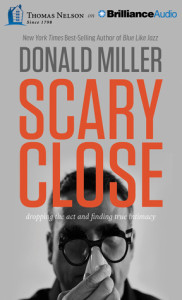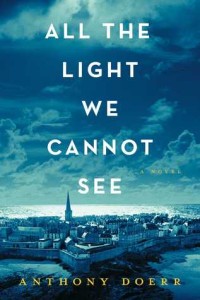Thanks to everyone who participated in our last book discussion about Scary Close! You can read our thoughts about vulnerability and the kind of love that eats cereal together every morning here.
Congratulations to Kristy, the winner of the free book giveaway! (Kristy, I’ll send you a private message about getting the book to you.)
Our next book club selection is The Girl on the Train by Paula Hawkins. Here’s the description from the back of the book:
Rachel takes the same commuter train every morning. Every day she rattles down the track, flashes past a
stretch of cozy suburban homes, and stops at the signal that allows her to daily watch the same couple breakfasting on their deck. She’s even started to feel like she knows them. “Jess and Jason,” she calls them. Their life—as she sees it—is perfect. Not unlike the life she recently lost.
And then she sees something shocking. It’s only a minute until the train moves on, but it’s enough. Now everything’s changed. Unable to keep it to herself, Rachel offers what she knows to the police, and becomes inextricably entwined in what happens next, as well as in the lives of everyone involved. Has she done more harm than good?
Compulsively readable, The Girl on the Train is an emotionally immersive, Hitchcockian thriller and an electrifying debut.
We will be discussing the book in September. Hope you’ll join us!







